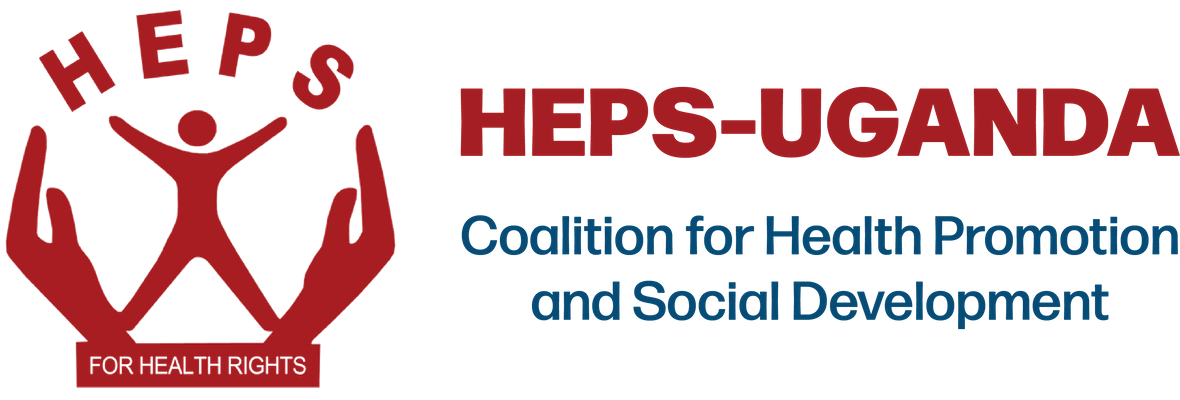Health facilities in Lira district are struggling to manage expectant mothers with pre-eclampsia condition.
Pre-eclampsia is a pregnancy disorder characterized by hypertension especially after 20 weeks of pregnancy.
The condition is the second cause of maternal deaths worldwide and the leading cause of maternal death at Mulago National Referral hospital. However, during the Commemoration of world Pre-eclampsia Day on Wednesday last week, health facility in charges called for support from government to enable them handle mothers with the condition.
Sister Judith Nanyonjo, a Senior Principle Nursing Offer at Lira Regional Referral hospital says that lack of enough blood pressure machines has often impeded their struggle to detect and manage the condition. The facility that receives about 100 expectant mothers on a daily basis for antenatal care has only one blood pressure machine which is used to detect the condition.
On average from the open market, a blood pressure machine costs about 200,000 shillings.
Nanyonjo said that lack of BP machines results into some pregnant mothers missing being diagnosed of the condition.
She, however, says that the facility has resorted to borrowing BP machines from intern doctors but this is not reliable as they leave the facility after their training.
She, however, notes that the hospital is engaging the ministry of health to get a solution.
The facility registers over 70 mothers annually with pre-eclampsia condition.
Nanyonjo also notes that the hospital lacks designated pre-eclampsia and a postnatal ward to accommodate over 20 deliveries daily.
“The maternity ward is almost condemned and it is almost collapsing on mothers. This ward was constructed in 1927 and it has never been renovated since then.” she said
Nanyonjo adds that the ward also faces a challenge of lack of patient trolleys to transfer mothers to and from the theatre.
” We lack a patient trolley to transfer mothers from the maternity ward to the theater. As you well know, mothers with pre-eclampsia need immediate attention and any minute one spends without operating the mother has an impact on the survival of the mother and the baby. We are currently using stretchers that require four people who may not be there at that moment.” she noted
Jino Okot, the in- charge Ogur Health Center IV notes that there is need to improve the skills of the health workers to administer magnesium Sulphate, a vital drug that is used in managing pre-eclampsia.
“Most of the health workers do not have skills to diagnose pre-eclampsia. Some of them do not even know how to mix and administer magnesium Sulphate. The Ministry of Health should understand that health workers need refresher trainings if we are to ably manage the condition.” Okot said
He adds that most health centers are failing to attend to the pregnant mothers with pre-eclampsia because they don’t have equipment such as oxygen cylinders and incubators for preterm babies.
“For example at Ogur Health Center IV, we dont have a medical doctor to work in the theater. How do you expect us to operate on a mother?”
Dr. Isaac Orec, the In-charge of Amach Health Center IV noted that his facility lacks electricity and therefore the theater cannot operate.
“When we get a mother with the condition, we refer them to Lira Regional Referral hospital because we don’t have electricity. Sometimes these mothers don’t have money for the ambulance which costs 50,000/-.” he said
Orec said that the facility receives at least 10 mothers on a monthly basis with the condition.
Susan Aciro, a midwife at Lira Regional Referral hospital says that she suffered from pre-eclampsia and she was operated in her sixth month of pregnancy. She says that she was able to survive because she was closely monitored her blood pressure.
“I am a midwife at Lira regional hospital and I had to be operated on at seven moths after detecting pre-eclampsia. My mother died because of the same condition so I suspected that the same condition may also occur to me. I kept checking my blood pressure and my suspicion was right.” she said
Edmond Acaka, the Lira district assistant Health Officer also in charge of maternal and child health appealed to the ministry of health to come to the rescue of the district by increasing the budget especially for Lira regional referral hospital.
According to Beatrice Nyangoma, the Communications Officer for HEPS-Uganda, government should consider regulating prices for magnesium sulphate to improve affordability, availability and accessibility.
In 2018, HEPS-Uganda conducted a survey which indicated that out of the 145 public, private and mission health facilities, only 53 had magnesium sulphate in stock.






